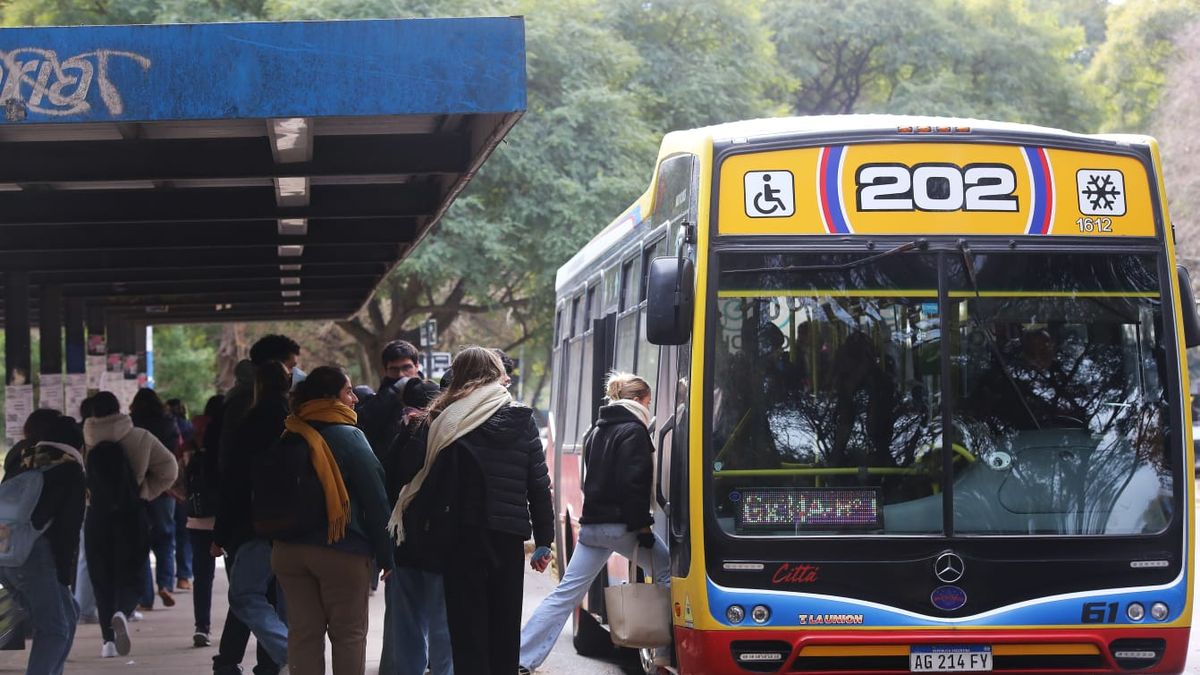In agriculture, nature should be better protected – also by using less “spray” on fields. However, the government is not relying on bans.
According to plans by the Federal Ministry of Agriculture, the use of pesticides in fields is to be reduced. Farmers should of course still be able to protect and treat plants where necessary in the future, said department head Cem Özdemir (Greens) in Berlin. At the same time, the decline in biodiversity makes it clear that simply carrying on as before cannot be the answer. The rule should be: “As much as necessary and as little as possible.” The aim is to reduce the use of pesticides by 50 percent by 2030.
Özdemir presented a program with measures aimed at cooperation, support, advice and innovation. “We rely on economic incentives and agricultural common sense instead of bans.” Specifically, the focus is on breeding more resistant plant varieties and improving the availability of biological plant protection methods. The goal of increasing the area of land used for organic farming to 30 percent by 2030 is also mentioned.
The minister stressed that the industry’s previous progress was expressly acknowledged – for example, with more flower strips or digital technology to deliver crop protection products to the fields more precisely. The climate crisis means that we cannot get by completely without crop protection – for example in the case of fungal infestation or the consequences of too much moisture. But it is also clear that all instruments and methods for healthy growth should be used beforehand.
The Nature Conservation Union (NABU) called the program an initial basis for work. It needs more commitment. The environmental association Bund criticized: “With this future plant protection program, the federal government will not achieve its own pesticide reduction targets of 50 percent by 2030.”
From the farmers’ point of view, however, the program does not do justice to the key future issues facing agriculture. “The so-called future plant protection program is still essentially a plant protection reduction program that leaves key future issues such as improving the security of food supplies unanswered,” said farmers’ president Joachim Rukwied in a statement. He criticized the program for still essentially pursuing ecological goals. “Not only is there a need to promote alternatives to chemical plant protection, but also a program to strengthen chemical plant protection in the interests of security of supply and the quality of the harvest.”
Source: Stern




